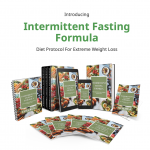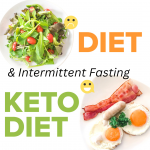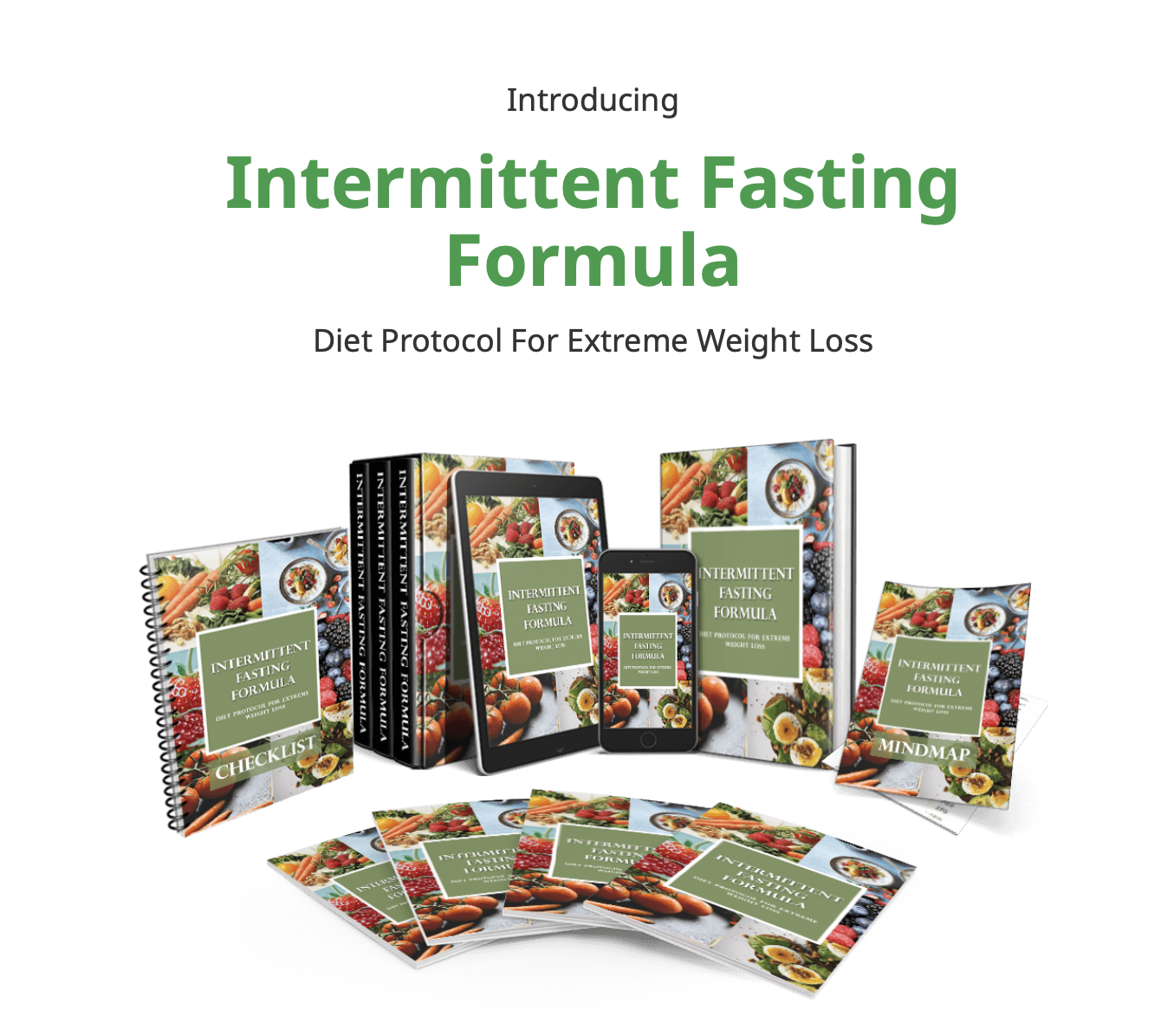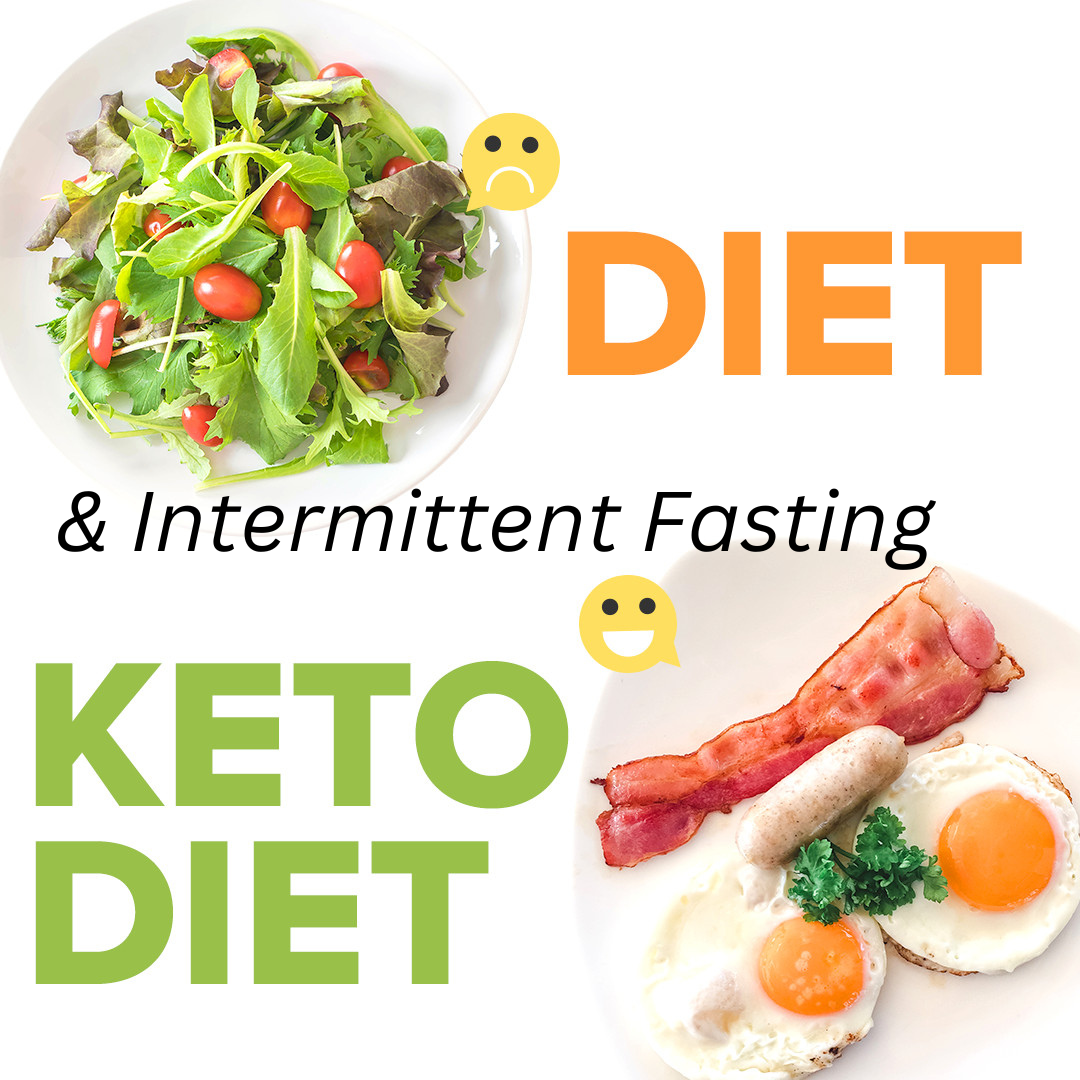Food restriction by either amount or time is not for everyone in particular there are people who should and should not consider food restriction of any type. This article is a summary from intermittent fasting studies and several key pieces of advice emerge about intermittent fasting:
- Consult a Healthcare Professional: Before starting any diet change, including intermittent fasting, it’s important to consult a healthcare professional. This is especially important for those with existing health conditions like diabetes or cardiovascular diseases, pregnant or breastfeeding women, the elderly, and children.
- Choose the Right Type of Fasting: There are different types of intermittent fasting, ranging from daily time-restricted feeding (such as 16/8 or 14/10) to alternate day fasting or the 5:2 method. The choice of method should take into account individual lifestyle, health conditions, and personal preference.
- Monitor Caloric Intake: Even though intermittent fasting doesn’t necessarily require counting calories, it’s still essential to maintain a balanced diet and not overconsume during eating periods. Quality of food intake matters, not just the timing.
- Stay Hydrated: During fasting periods, non-caloric beverages like water, black coffee, or tea are typically allowed and can help manage hunger.
- Listen to Your Body: If intermittent fasting causes feelings of extreme fatigue, dizziness, or other severe symptoms, it’s important to stop and consult a healthcare professional.
- Combine with Regular Exercise: Physical activity, combined with intermittent fasting, may enhance health benefits.
- Expect an Adjustment Period: The body might need time to adjust to a new eating schedule. It’s common to experience hunger pangs, irritability, or decreased energy levels in the first few days or weeks.
- Consider Nutritional Needs: Certain populations may have increased nutritional needs, such as adolescents, pregnant women, or individuals with certain health conditions. For these populations, intermittent fasting may not be appropriate.
- Monitor Health Parameters: Regularly check body weight, blood glucose, blood pressure, and other health markers to assess the impacts of the diet on your health.
- Long-Term Sustainability: Consider whether this approach to eating can be maintained over the long term. Any diet that is not sustainable may lead to a rebound in weight and other health markers once it’s discontinued.
The above advice is based on the studies provided, and individuals should always consult their healthcare provider before starting a new diet regimen.











